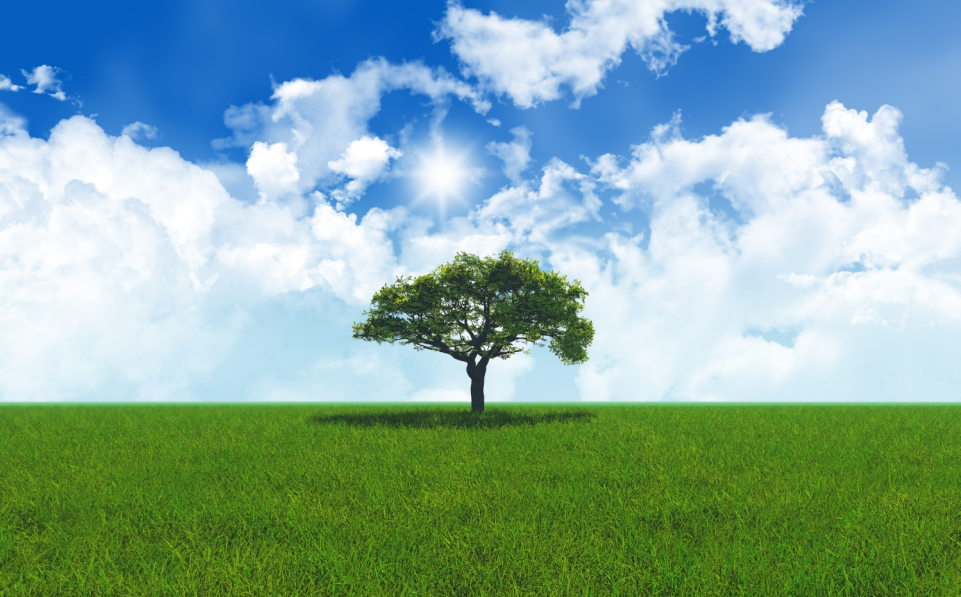
Although we hear about it in the news constantly, the idea that climate change is actually happening is a hard one to grasp. Unlike most tragedies that we can see clearly — such as a car accident or a bomb going off — the changing climate is a slow process with many indirect consequences that are not easily linked back. This lack of direct, jaw-dropping impact can make it easy to forget how much our daily activities are hurting us in the long run and build a great deal of apathy up in just about everyone.
As climate change becomes more severe, it will also become more and more difficult for us to sweep under a rug and ignore it. Likewise, it will be increasingly difficult for us to bounce back and recover from its growing impacts. This is true for the environment, true for our personal lives, and true for the many businesses that make up our economy.
Believe it or not, there are plenty of ways that climate change is expensive for individuals and companies and is currently impacting business operations. Moving forward it will impact how certain businesses operate and may even lead to the collapse and closure of others. Businesses will have to adjust with better thought out natural disaster response plans, plans for resource conservation, and responses to customers that demand more sustainable alternatives.
Natural Disaster Prep
One of the most dangerous things that can be linked directly to climate change is an increase in the frequency and severity of natural disasters. This is a big deal both for individuals and businesses alike because natural disasters have the ability to tear nearly everything up and force you to start from the beginning again. One study estimates that nearly 40% of small businesses will not recover enough to reopen if a natural disaster strikes.
In preparation for this, many insurance companies are forcing homeowners and businesses that are located in “high risk” zones to purchase certain types of insurance such as flood, tornado, or other severe weather insurance. None of these come cheaply but can make a big difference if a disaster occurs. Some smart businesses are taking steps to help prepare themselves such as familiarizing themselves with steps to take in the event of a flood in order to avoid as much damage as possible.
Others are also taking extra steps to help ensure that they will be able to reopen in the event of a natural disaster. One of the primary things here is working to make sure that all important documents and necessary data, including supply chains, are secure from either potential damage or looters. An understanding of when documents can be shredded, where documents can be safely stored both on and off-site, and how to access them in the event of a natural disaster are important preparation steps.

Resource Conservation
Climate change is already making certain resources more expensive and difficult to sustainably process and produce. This is likely to get worse as climate changes become more and more dramatic. Take, for example, the threat of deforestation for companies that sell furniture or lumber. Drier conditions and more unpredictable weather patterns mean that trees are less likely to recover from cutting, and where more displaced refugees are illegally cutting trees to make ends meet, the damage could be severe.
Likewise, there are very real risks to farmers who produce crops in areas that are threatened by sea-level rise. Large tracts of land in nearly every coastal country are at risk of becoming too salinated (full of salt) to actually be able to produce crops. Inland farmers are also at risk due to extreme heat, unpredictable rainfall, and diminished water tables. Overall, this puts farmers at risk of losing their land/income and the greater population at risk of food insecurity due to decreased yields.
Water is another major resource concern that will impact businesses and individuals as climate change concerns become a reality. Without a serious change in our current consumption, pollution, and reuse trends, upwards of 40% of the world’s population will be dealing with water scarcity issues within the next 15 years. If you think that doesn’t directly impact how businesses operate, you’re crazy.
Customer Demands
Companies are already being forced to deal with climate issues that they may have otherwise put off due to increased sustainability demands from consumers. There is already a profound outcry for companies to respond to poor working conditions within their supply chains as well as wanton wastefulness with our precious resources. Millennial purchasing power is one of the most powerful retail trends today, and it is pushing companies forward to sustainable business practices.
More and more we are seeing cities and local governments taking steps to help fight climate change within their jurisdictions as a means of stepping up when many federal governments won’t. For businesses, this can mean a jumble of differing regulations designed to meet environmental standards. In some ways, federal regulation could be a real benefit.
Climate change has some very real consequences for nearly every business out there, and many are just starting to realize how climate will force them to make changes varying in degree of severity. Many are taking steps to prepare for increased natural disaster risk, a reduction in available resources, and increased customer demand for sustainable operation. Those who are prepared and actively making changes are likely to have a better chance in the long-run.
Written by Frankie Wallace
You may also like
5 Sustainable Habits Your Business Needs to Adopt
4 Reasons Why All Businesses Should Embrace Sustainability
How Climate Change Is Affecting Construction Jobs
